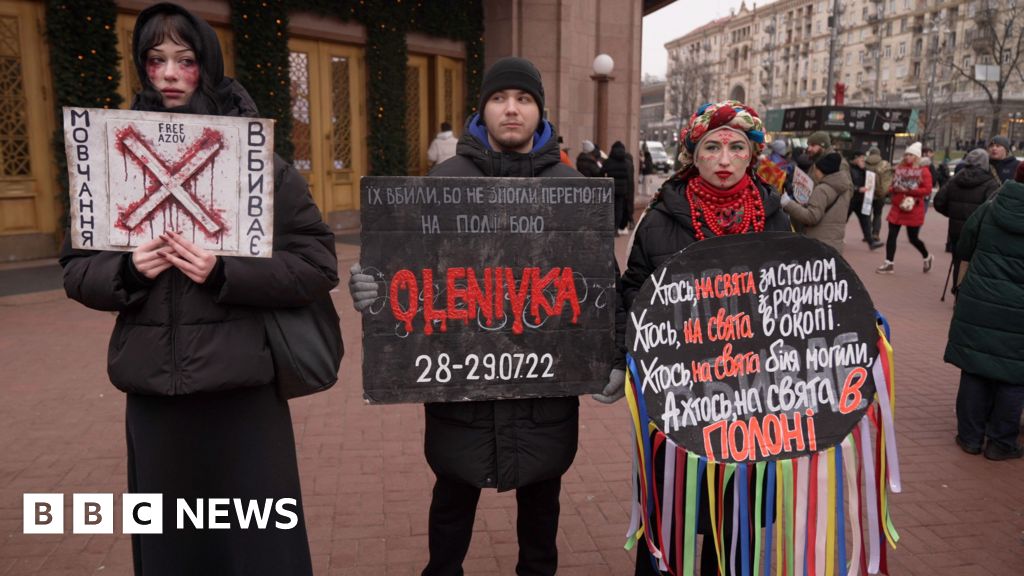The International Criminal Court (ICC) has issued an arrest warrant for Israeli Prime Minister Benjamin Netanyahu, citing "reasonable grounds" for his criminal responsibility for war crimes and crimes against humanity in Gaza. A statement from the ICC's pre-trial chamber revealed that Israel's challenges to the court's jurisdiction were rejected.
The ICC also issued arrest warrants for Israel's former Defence Minister Yoav Gallant and Hamas's military chief Mohammed Deif. Earlier, Israel claimed that Deif was killed in August.
Netanyahu condemned the ICC's decision, calling it “anti-Israel” and “antisemitic.” While the White House rejected the ICC's decision, several European countries said they would abide by the court's ruling.
What is the International Criminal Court?
The International Criminal Court (ICC), headquartered in The Hague, Netherlands, investigates and prosecutes individuals accused of genocide, war crimes, crimes against humanity, and aggression. Governed by the Rome Statute, it serves as a court of last resort, complementing national judicial systems. With over 900 staff from 100 countries, the ICC has six official languages and two working languages, English and French.
Since its inception, the court has handled 32 cases, issued 59 arrest warrants, secured 11 convictions, and acquitted four individuals. Its efforts include victim participation, independent prosecution, and fair trial guarantees. It is supported by a budget of €187 million for 2024.
What is the arrest warrant by the ICC against Netanyahu?
The warrants were issued in response to accusations of crimes against humanity and war crimes related to Israel's military actions in Gaza, particularly after the October 7, 2023, attack by Hamas. The warrants specifically cite crimes such as murder, persecution, and using starvation as a weapon of war.
How the international community reacted
Israel and its allies, including the United States, rejected the ruling, claiming the ICC lacked jurisdiction, adding the country had the right to self-defence. Human rights groups and countries like Turkey supported the warrants, calling them an important step towards justice.
Some countries, including the Netherlands, have already said they would comply with the ICC's decision, while others, like the UK, expressed support for Israel's right to self-defence despite the ICC warrants.
The ICC's involvement began in 2018 when Palestine referred the situation to the court. In 2023 and 2024, multiple countries, including South Africa and Chile, added further referrals. Despite Israel not being a signatory to the Rome Statute, which governs the ICC, Palestine's status and the broader context allow the ICC to pursue the case.
What it means
While Israel is not an ICC member and does not recognize the court's jurisdiction, the warrants could affect their international travel. However, they are not at risk of arrest in Israel.
The 124 members of the Rome Statute, the treaty that established the ICC, are obliged to arrest the two Israelis and hand them over to the court.
"These decisions are binding on all states party to the Rome Statute, which includes all EU member states," Josep Borrell, the EU's foreign policy chief, posted on X.
Enforcement of such warrants has been inconsistent, with some countries like South Africa and Mongolia previously failing to arrest individuals under similar warrants.
The warrants are unlikely to lead to immediate trials, as the ICC does not prosecute in absentia except in rare cases. Netanyahu and Gallant have reaffirmed their commitment to continue the war in Gaza, despite the warrants.
While the arrest warrants may not result in immediate arrests, they serve as a moral victory for Palestine and intensify international pressure on Israel, limiting Netanyahu's ability to travel to certain countries without facing potential embarrassment.

 1 month ago
3
1 month ago
3










 English (US) ·
English (US) ·